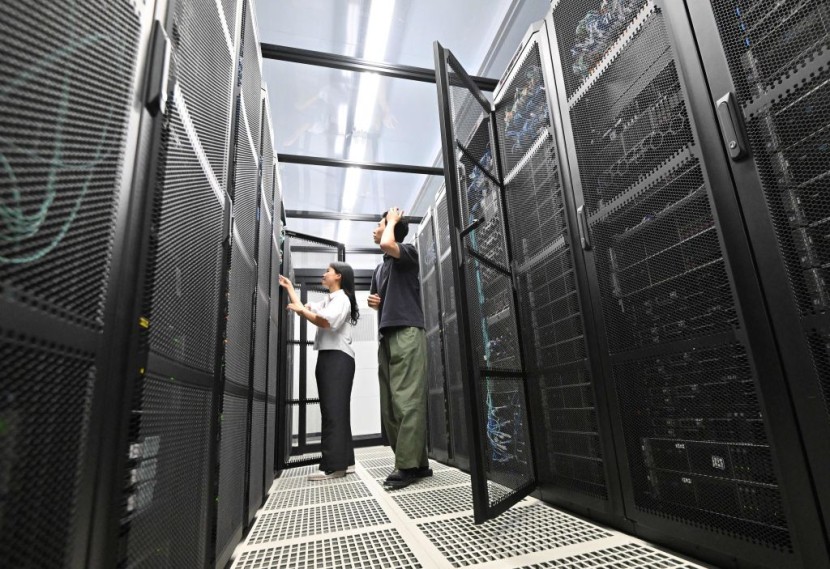
Rapid advances in the development of artificial intelligence are fueling huge demands for electricity that threaten global plans to combat climate change by shifting to renewable energy, a new report reveals.
More than 7,000 of the data centers needed to develop and run AI applications have been built or are in the works around the world, up from 3,600 in 2015, Bloomberg reported on Friday.
But the available supply of renewable energy isn't enough to power them all 24/7, with the total amount needed — about 508 terawatt hours per year — exceeding all the electricity produced annually by Italy or Australia, Bloomberg said.
In ten years, that demand is expected to more than triple, to greater than the amount of electricity used by all of India.
That's because the microprocessor chips now used in AI computing consume as much as 700 watts each — nearly eight times the power used by a typical 60-inch flat screen TV — and training AI models can involve tens of thousands of chips.
In the U.S., 25% of all heat-trapping greenhouse gases emitted in 2022 came from generating electricity, and 60% of all electricity was produced by burning fossil fuels, mostly coal and natural gas, according to the Environmental Protection Agency.
Globally, an even greater percentage of electricity is generated by burning coal, oil or gas, with only about one-quarter coming from renewable sources such as wind- and solar-powered generators, according to the United Nations.
A new, 200,000-square-foot data center built in northern Virginia for the data center company DataBank is expected to use as much energy as 30,000 American homes.
An unidentified Big Tech client leased the entire building and moved in its servers even before the electricity was turned on, Bloomberg said.
"That's the thing with AI. They need a lot of power and as soon as you have it, they want it right away," said James Mathes, who manages some DataBank facilities. "Right now, it's like a blank check for AI."
The AI-related demand for electricity is widely expected to increase as more powerful chips that consume even more energy become available, Bloomberg said.
Leading chip maker Nvidia Corp. contends that the more powerful chips will allow companies to use fewer of them, but the company's head of accelerated computing, Ian Buck, acknowledged that the total number of AI projects would also likely increase.
"People like to fill their data centers," he said.
© 2025 HNGN, All rights reserved. Do not reproduce without permission.








